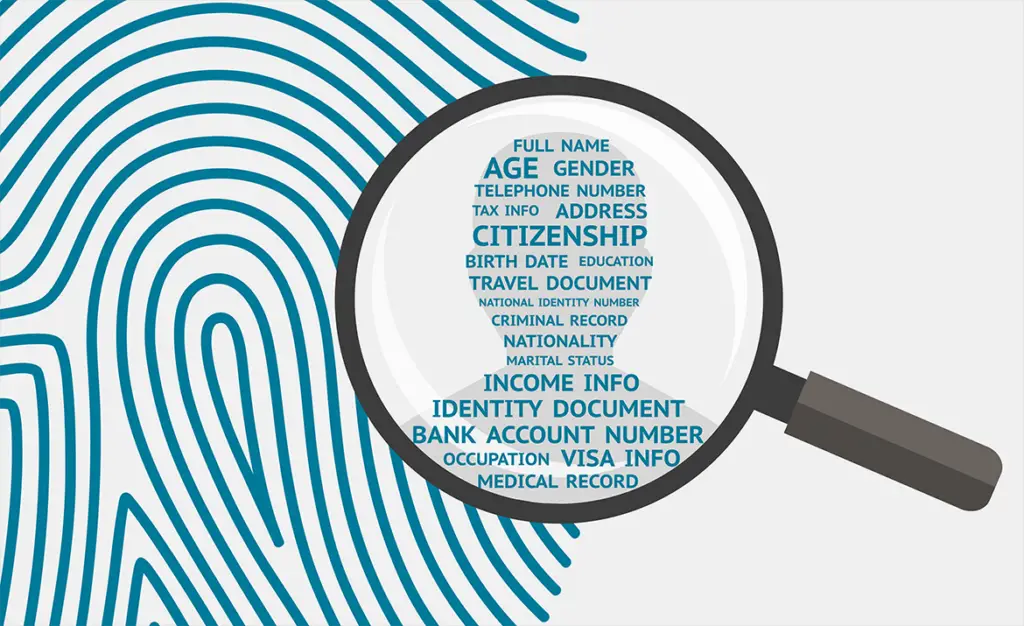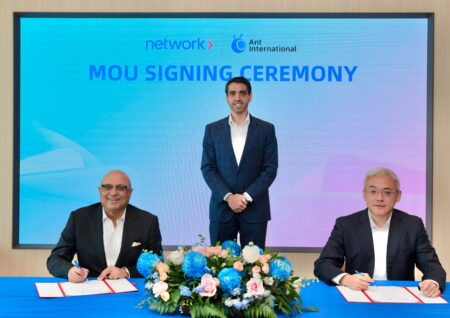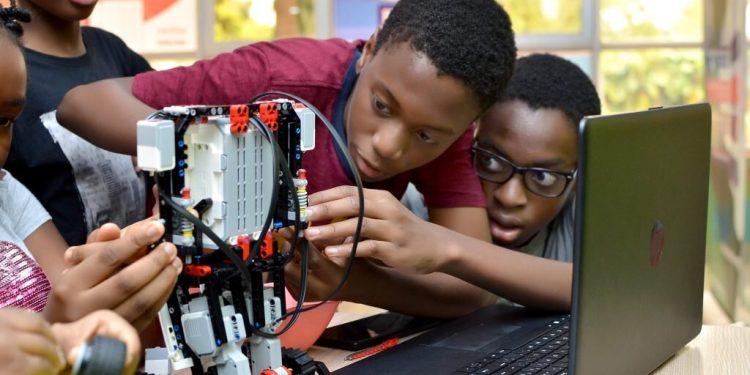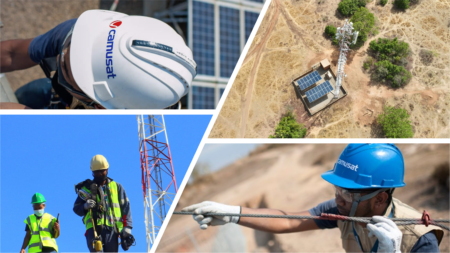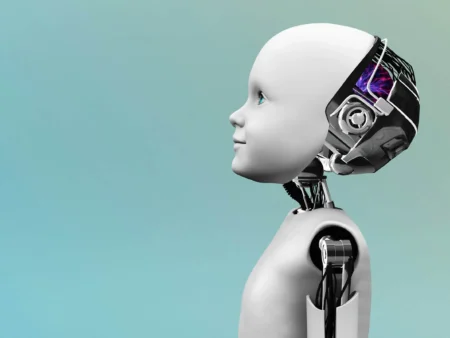- The Humanity Protocol, a groundbreaking initiative, is at the forefront of the digital identity revolution across Africa.
- By allowing individuals to claim NFTs using their digital identities, the Humanity Protocol ensures that every African, irrespective of their socio-economic background, can have a place in the decentralised digital economy.
- The Humanity Protocol is not just championing the cause of digital identities; it is setting the gold standard for what is possible in the African workspace.
In the heart of Africa, a digital revolution is underway. As the continent stands on the cusp of an unprecedented digital transformation, a new currency is emerging, not in the form of coins or notes but in the unique digital footprints of its people. Digital identities, once an abstract concept, are now becoming the gold standard for Africans, especially in the professional realm.
The Rise of Digital Identities in Africa
For many in the developed world, they have digital identities seamlessly integrated into daily life. However, in regions like Africa, where limited access to digital platforms has historically been a barrier, the emergence of digital identities represents a seismic shift. It is not just about proving who you are online but about staking your claim in the global digital economy.
The digital age has brought with it a myriad of opportunities and challenges. One of the most significant challenges has been the question of identity. In a world where online interactions are becoming the norm, how does one prove their authenticity? Enter digital identities, a representation of an individual online, encompassing various attributes, data points, and credentials that distinguish one person from another.
According to Reuters, OpenAI CEO Sam Altman co-founded Worldcoin, a cryptocurrency. It sought to create a new “identity and financial network” by scanning users’ irises in exchange for a digital ID. They rolled out this initiative in various countries, including Kenya, where it faced significant backlash.
The Kenyan government suspended Worldcoin’s operations in early August 2023 due to privacy concerns over its iris scanning technique. Notably, many remain sceptical about obtaining consumer consent in return for a monetary award. Regulatory authorities suggested it bordered on inducement. Furthermore, the project faced criticism for potentially scanning the eyes of minors. There was no age verification mechanism in place during the registration process.
Read More: Remote Workers – A key source of Africa’s future tourism revenue.
The Humanity Protocol: Pioneering the Digital Identity Revolution
The Humanity Protocol, a groundbreaking initiative, is at the forefront of this revolution. Recognising the vast potential of Africa’s young, educated, and rapidly urbanising population, the protocol seeks to intertwine digital identities with the burgeoning world of non-fungible tokens (NFTs).
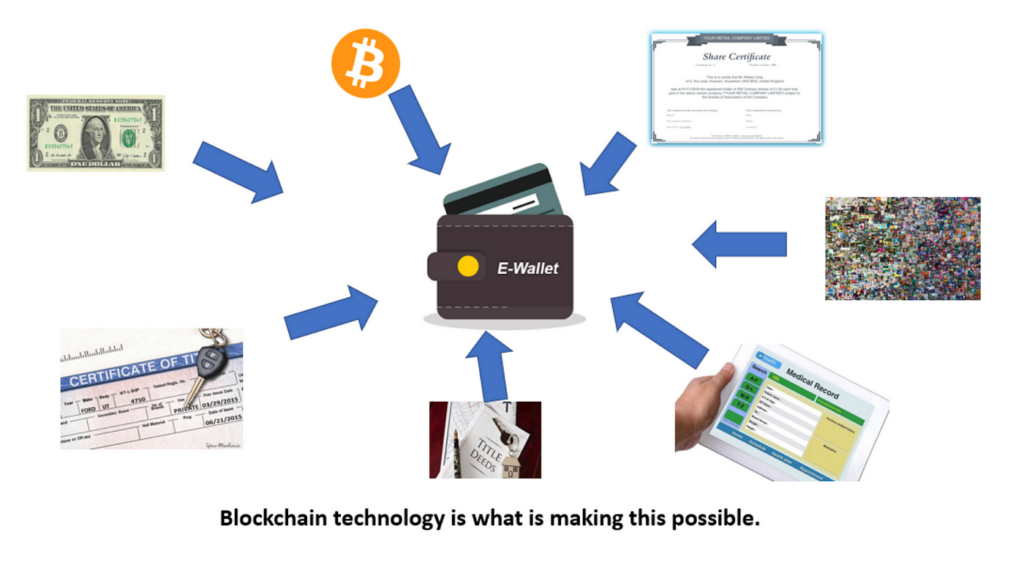
Of course, the road to widespread adoption of digital identities has its challenges. Concerns about privacy, data security, and standardisation remain. However, with initiatives like the Humanity Protocol, backed by advanced biometric identity capture systems from Bio-Key, a Nasdaq-listed company, the path forward looks promising.
The Humanity Protocol is not just championing the cause of digital identities; it is setting the gold standard for what is possible in the African workspace.
NFTs: The New Resume?
The versatility of NFTs in identity management is evident in various use cases. As such, NFTs will redefine how employers view potential candidates. It grants access to virtual events and exclusive online communities and facilitates decentralised identity verification without revealing sensitive data.
Imagine a world where your professional achievements, qualifications, and experiences are securely stored as NFTs and directly linked to your digital identity. Instead of a traditional resume, you present a prospective employer with a unique, verifiable and immutable digital token. This showcases your value in the workplace. This is the future the Humanity Protocol envisions, and it’s a future where Africa leads the way.
Capitalising on Time and Skills: Africa’s NFT-Driven Remote Work Revolution
In the age of digital transformation, Africa’s potential is being unlocked not just by technology but by the unique skills and time of its people. With the rise of digital identities and the integration of non-fungible tokens (NFTs), Africans will capitalise on a new era of remote work opportunities. By leveraging their NFTs, individuals can offer their services to global companies, turning their skills and time into valuable assets.
Read More: African Startup League: Competition for funding over 10,000 startups annually.
Remote Work: A New Frontier for Africa’s Workforce
Drawing insights from a McKinsey analysis on the future of remote work, we can identify a range of tasks with high potential for remote execution. These tasks can testify to their skills and expertise when tied to an individual’s digital identity through NFTs. This allows them to access global job markets without geographical constraints.
Here are some remote tasks that Africans can capitalise on:
- Information Gathering and Processing: Research, data collection, and analysis can be done from anywhere, making it a prime task for remote work.
- Communicating with Others: Customer support, virtual assistance, and consultation services can be offered remotely.
- Teaching and Counseling: Online tutoring, mentoring, and counselling sessions can be conducted from the comfort of one’s home.
- Coding and Data Management: Software development, website design, and database management have long been suitable for remote execution.
- Financial Analysis: Credit analysis, financial planning, and other analytical tasks can be done remotely.
- Digital Marketing: The digital marketing realm is ripe for remote work, from content creation to social media management.
- Graphic Design and Multimedia Production: Creating graphics, videos, and other multimedia content can quickly be done from a home studio.
- Writing and Content Creation: Blogging, copywriting, and other forms of content creation are perfect for remote execution.
- Project Management: Overseeing projects, coordinating with teams, and ensuring timely delivery can be managed remotely using various tools.
- Translation and Transcription Services: With a rich tapestry of languages, Africans can offer translation and transcription services to global clients.
NFTs: The Game Changer for Remote Work
By tying their skills to NFTs, Africans can provide verifiable proof of their expertise. Companies looking to hire remote workers can easily verify the skills and experiences of potential candidates through their NFTs, ensuring authenticity and quality.
Moreover, the NFTs’ integration offers a chance to streamline services for services. Companies can pay NFT holders directly for their services, ensuring timely and secure transactions. This simplifies the payment process and provides an added layer of trust and transparency between the employer and the employee.
The continent remains on course to become a significant player in the global remote work landscape. Its unique combination of digital identities, NFTs, and a vast pool of untapped talent will aid its pursuit. For Africans, this means more opportunities, greater financial independence, and a chance to showcase their skills on a global stage. As the world grapples with the implications of the digital age, Africa stands poised to redefine the narrative. With digital identities as the new gold standard, the continent is not just participating in the global digital economy; it’s setting the pace. For Africans, the message is clear: Your digital identity is your value, and in the future workplace, it’s pure gold.
Read More: Blockchain Africa: Building a decentralised economy/DGDP for 1.5 billion people





